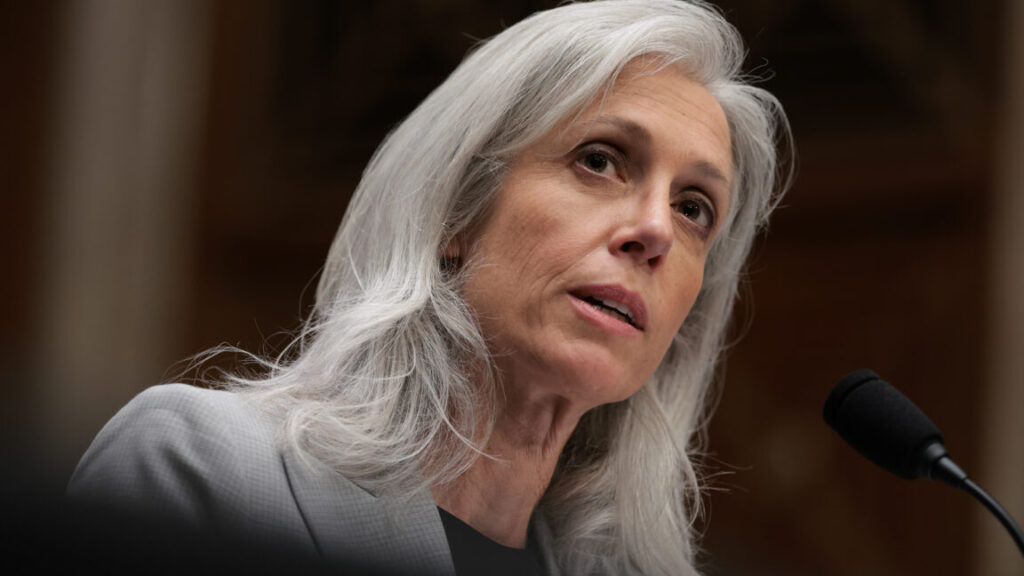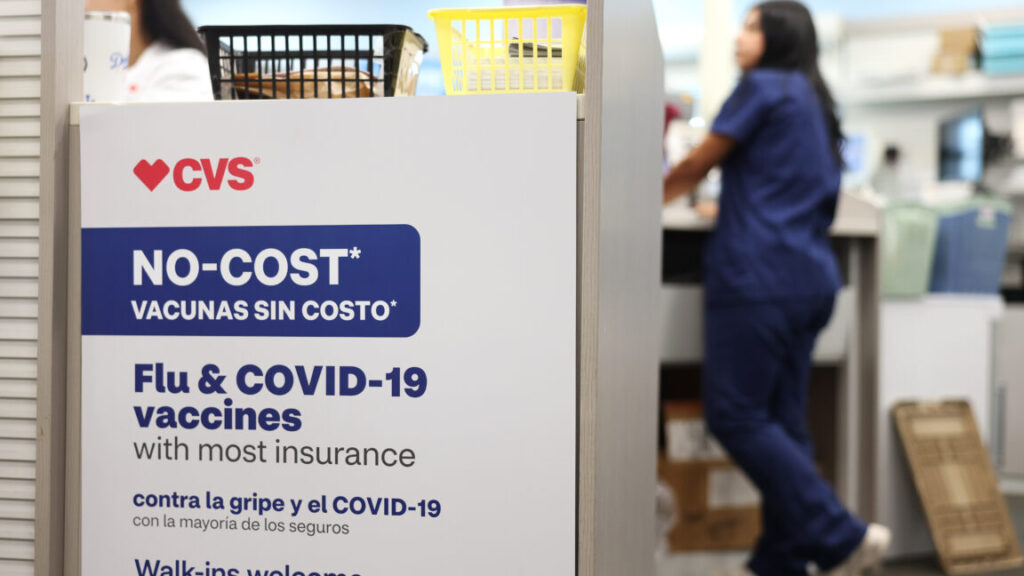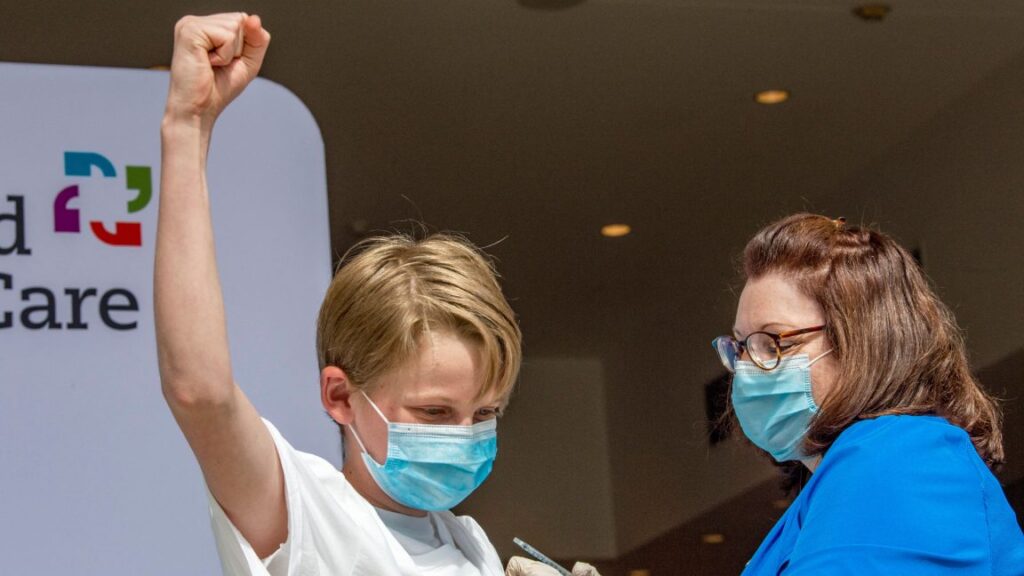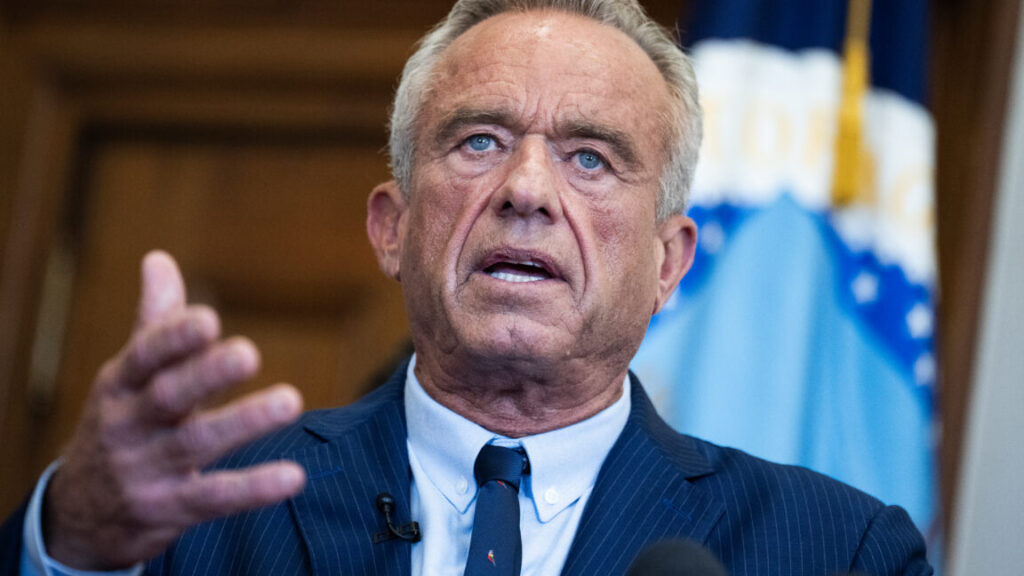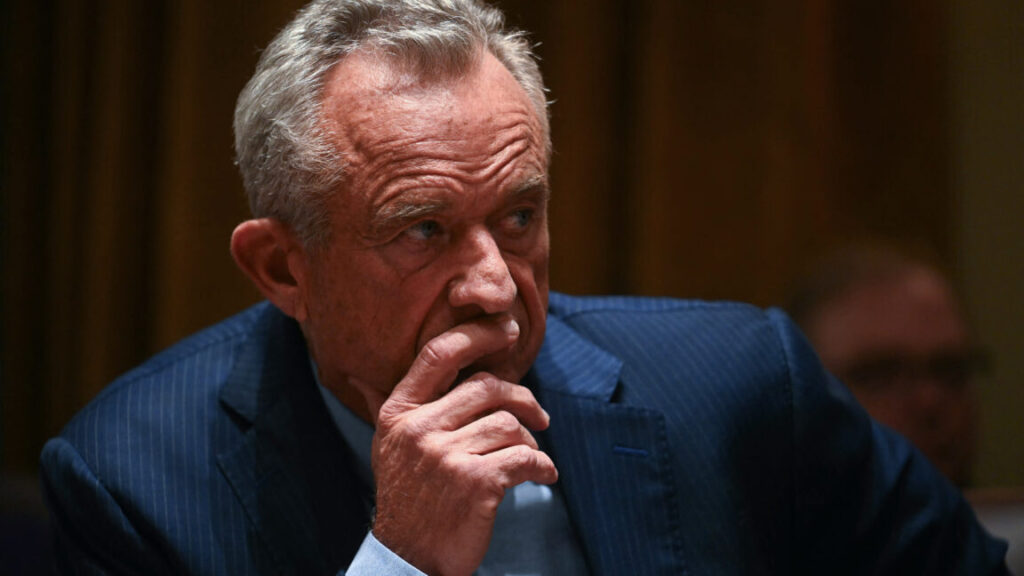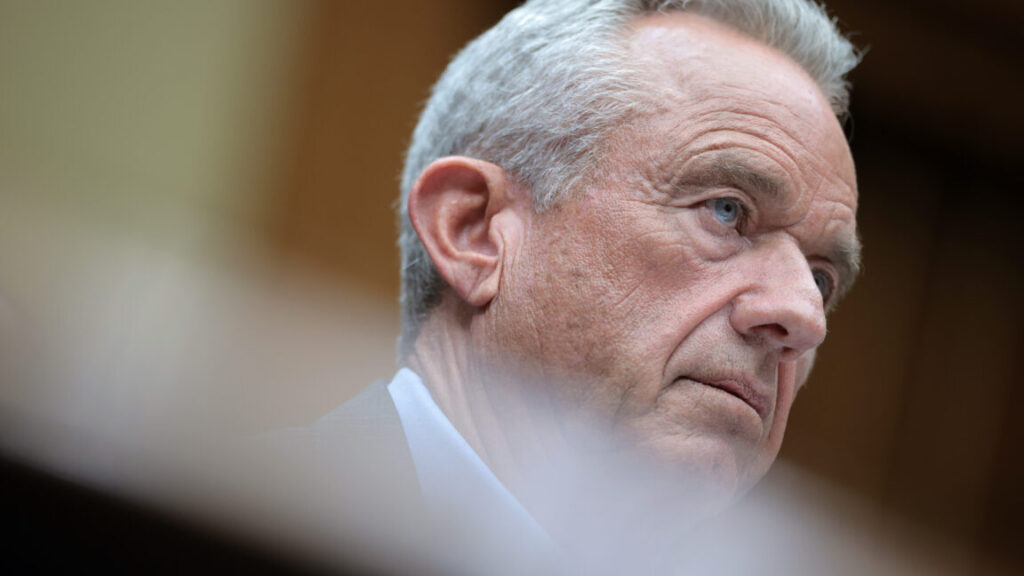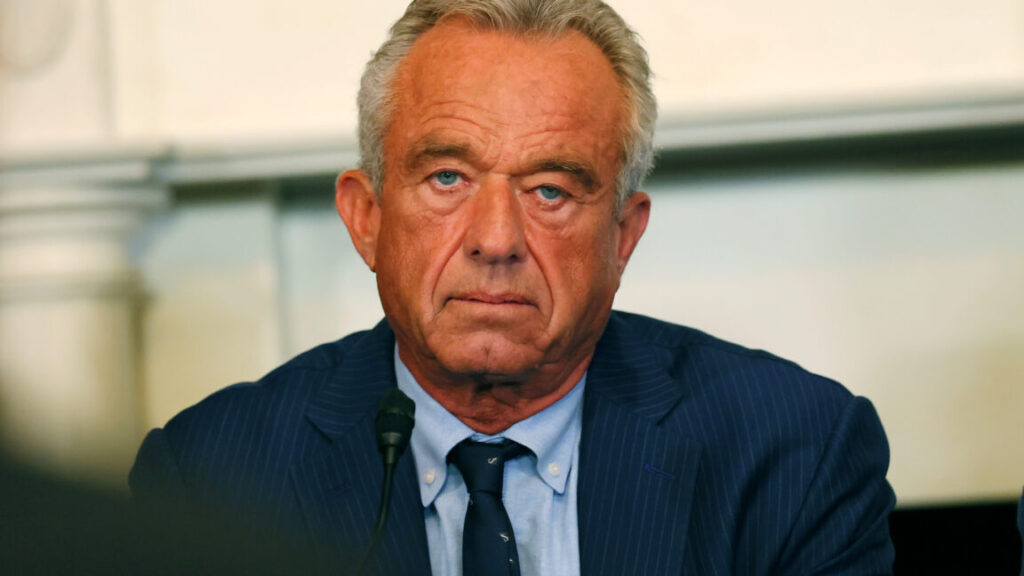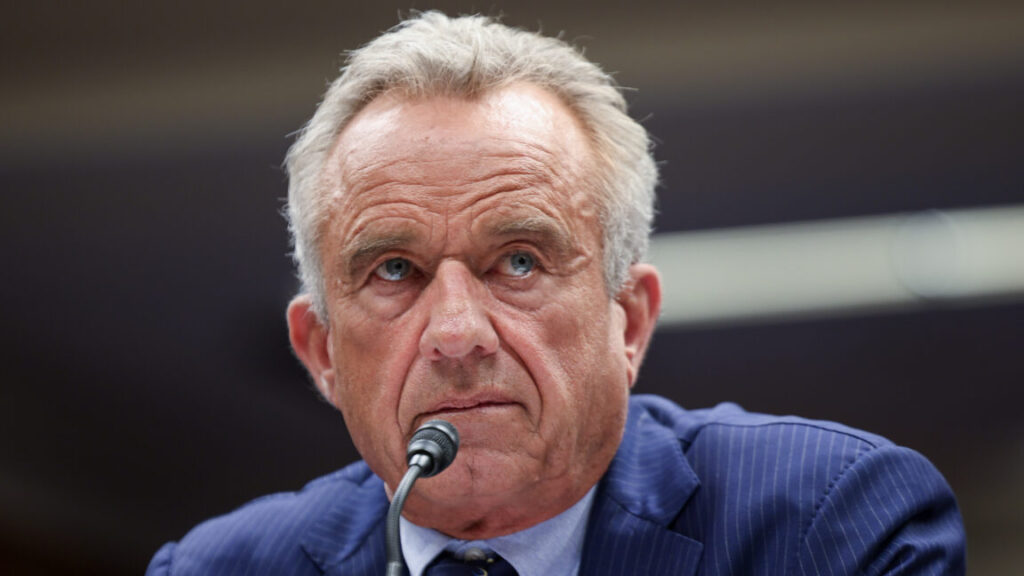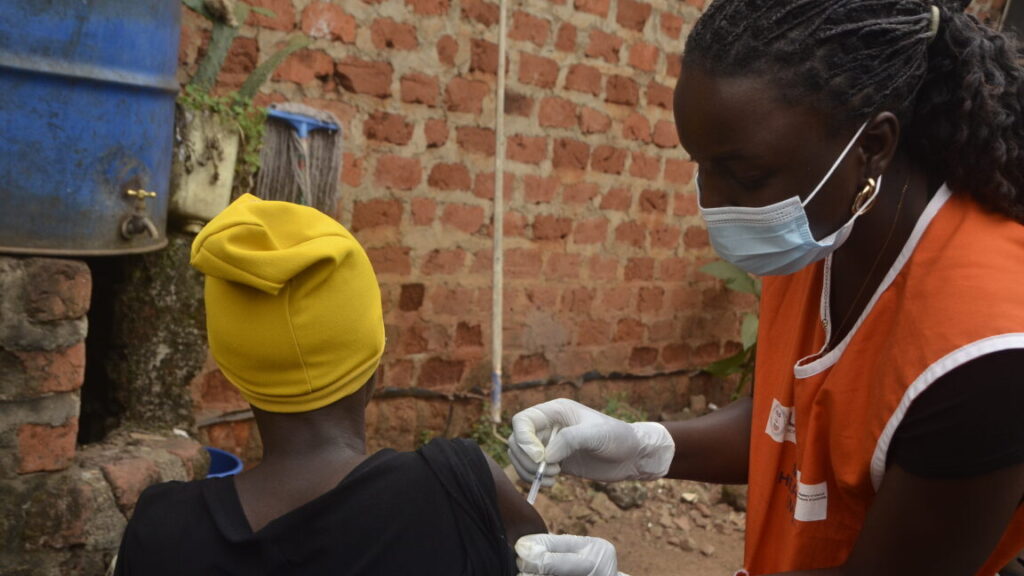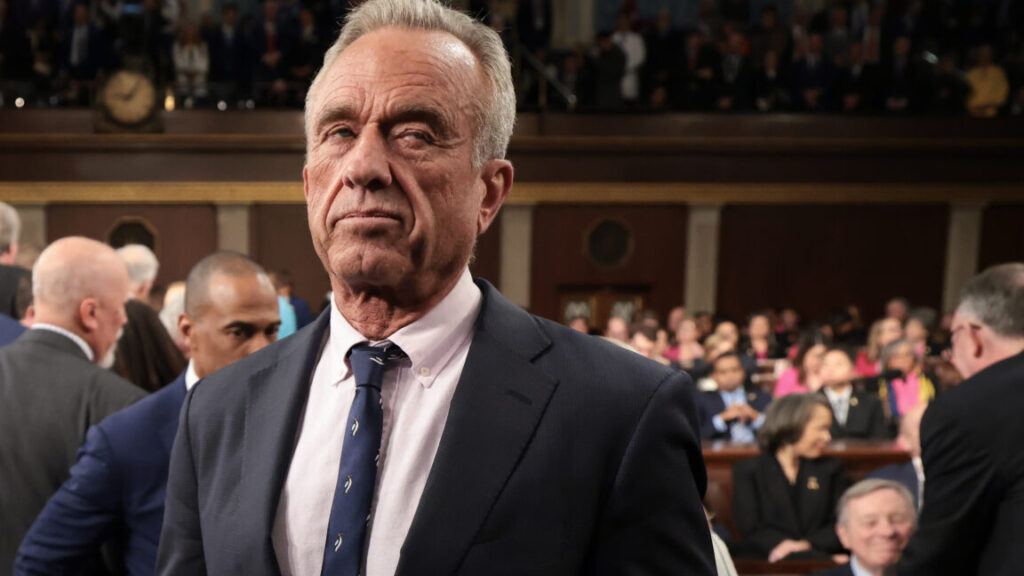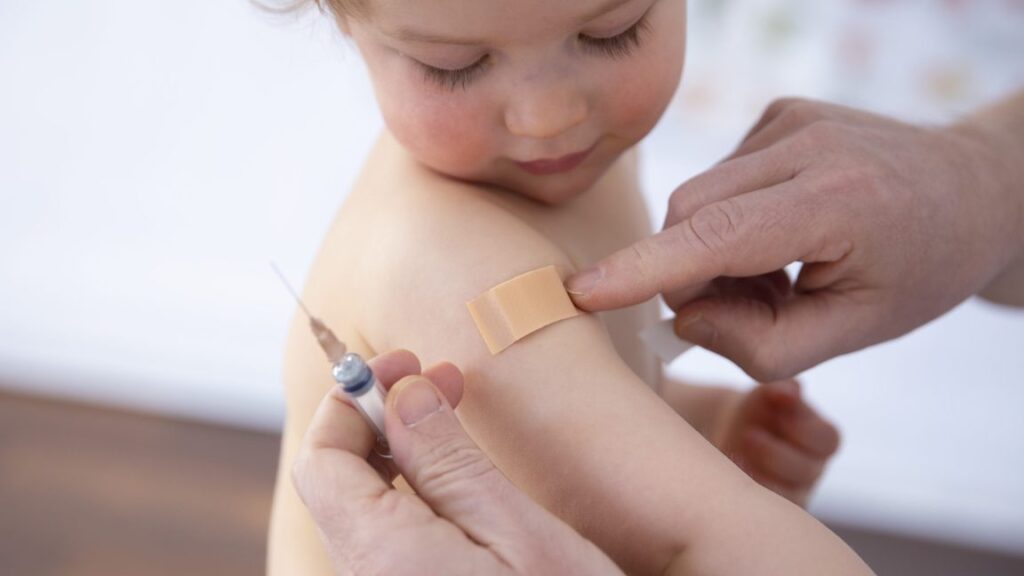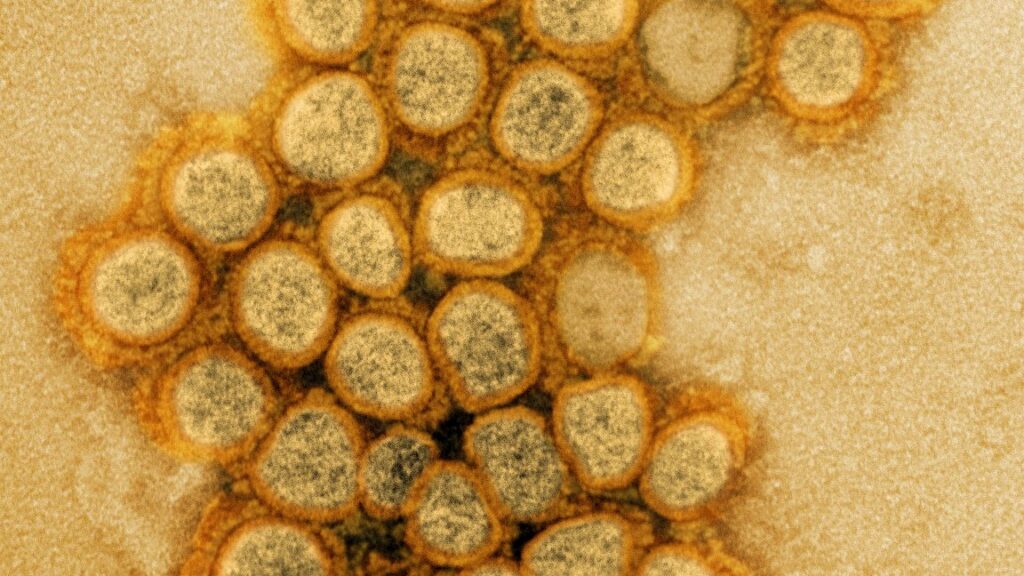Ousted CDC director to testify before Senate after RFK Jr. called her a liar
Kennedy is reportedly vetting seven additional members for ACIP, who may be added before the next meeting. They include additional anti-vaccine voices and fringe members of the medical community, such as Kirk Milhoan, who promoted the de-worming drug ivermectin to treat COVID-19, despite several clinical trials finding it is not effective. There is also Joseph Fraiman, who has repeatedly called for COVID-19 vaccines to be pulled from the market.
Also on the list is Catherine Stein, who, The Washington Post noted, has advocated against vaccine mandates and wrote a 2021 article arguing that people should not be afraid of contracting COVID-19 because: “Our Lord has given us a mission to share the gospel. If we live in fear of death, that weakens our testimony. Remember, the Lord Jesus did not fear lepers, and leprosy was (and continues to be) a highly contagious infectious disease.”
Leprosy, or Hansen’s disease, is, in fact, not a highly contagious disease. It does not spread easily from person to person, is not spread through casual contact, and about 95 percent of people are immune to it naturally. COVID-19, meanwhile, is estimated to have caused more than 7 million deaths worldwide since the start of the pandemic.
Regardless of whether these candidates are added to the roster, Cassidy has called for the ACIP meeting scheduled for September 18 and 19 to be postponed.
“Serious allegations have been made about the meeting agenda, membership, and lack of scientific process being followed for the now announced September ACIP meeting,” Cassidy said. “These decisions directly impact children’s health and the meeting should not occur until significant oversight has been conducted. If the meeting proceeds, any recommendations made should be rejected as lacking legitimacy given the seriousness of the allegations and the current turmoil in CDC leadership.”
After Monarez and Houry testify before the HELP committee, Cassidy said that Senators are planning to invite current health officials to respond in a subsequent hearing.
Ousted CDC director to testify before Senate after RFK Jr. called her a liar Read More »
